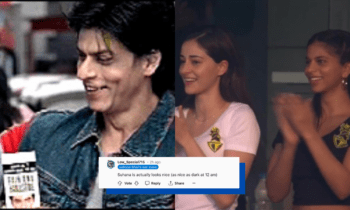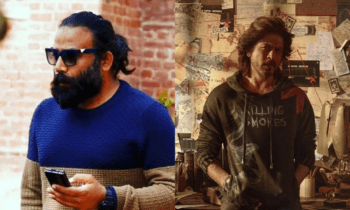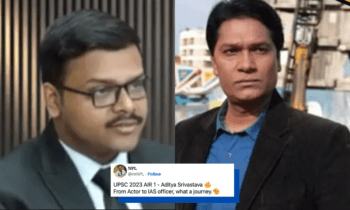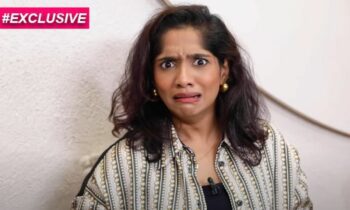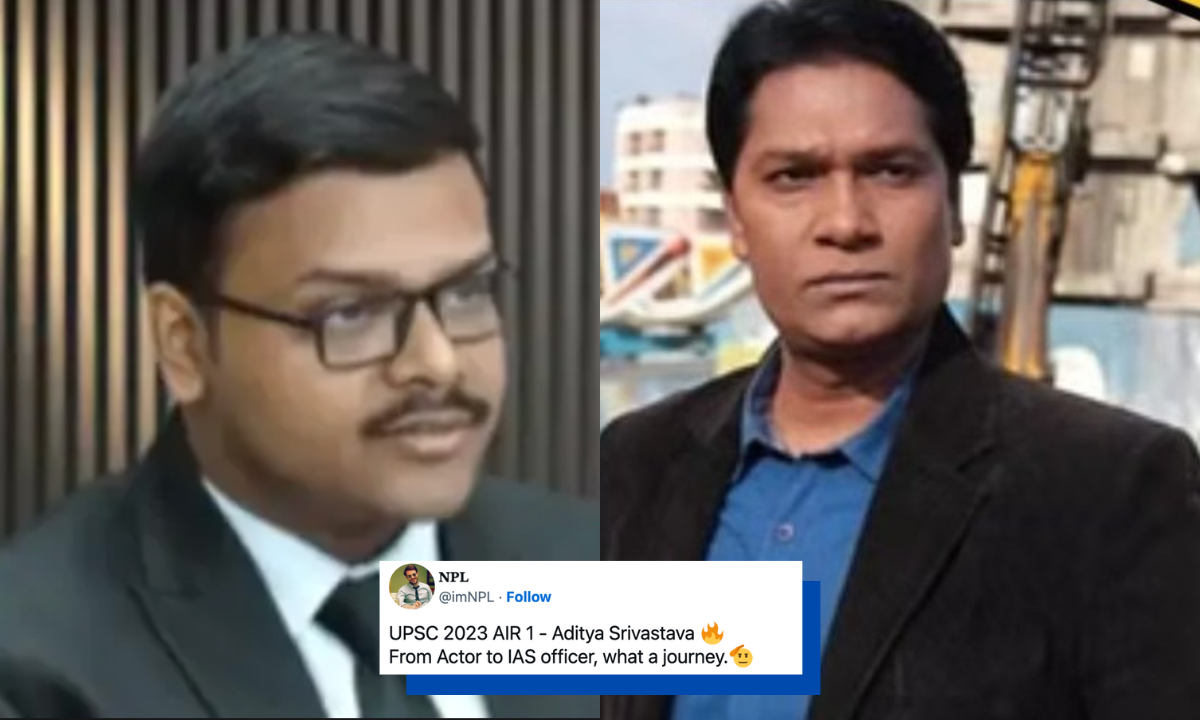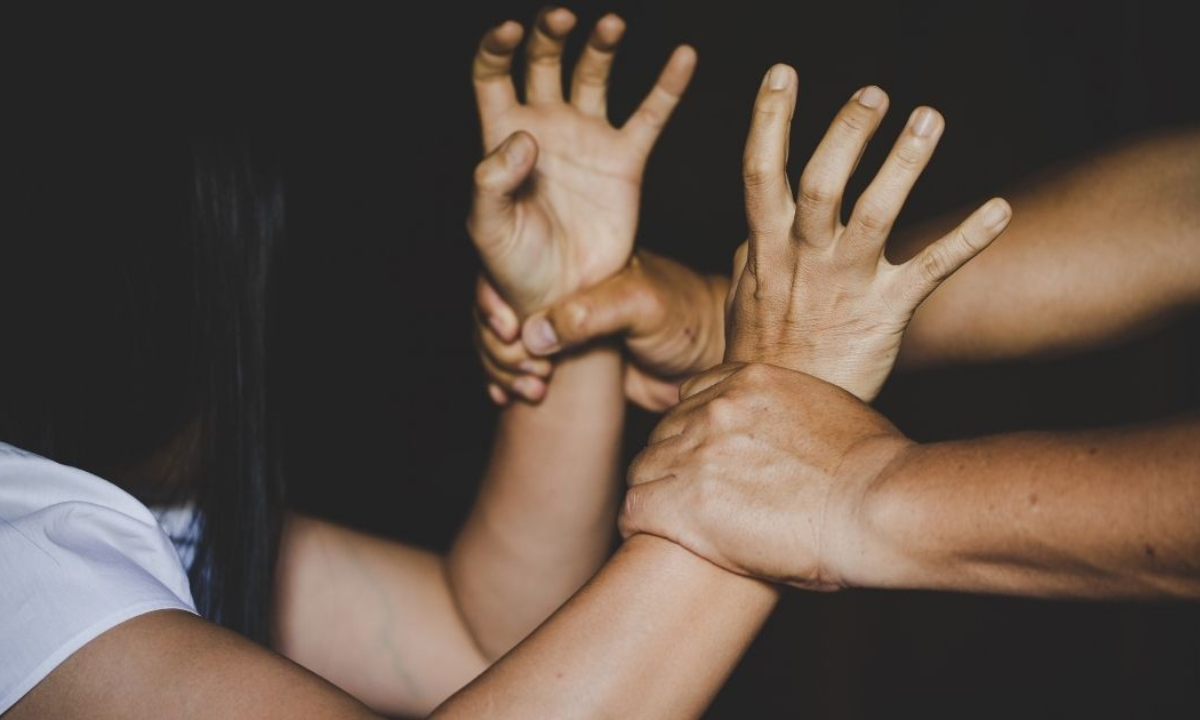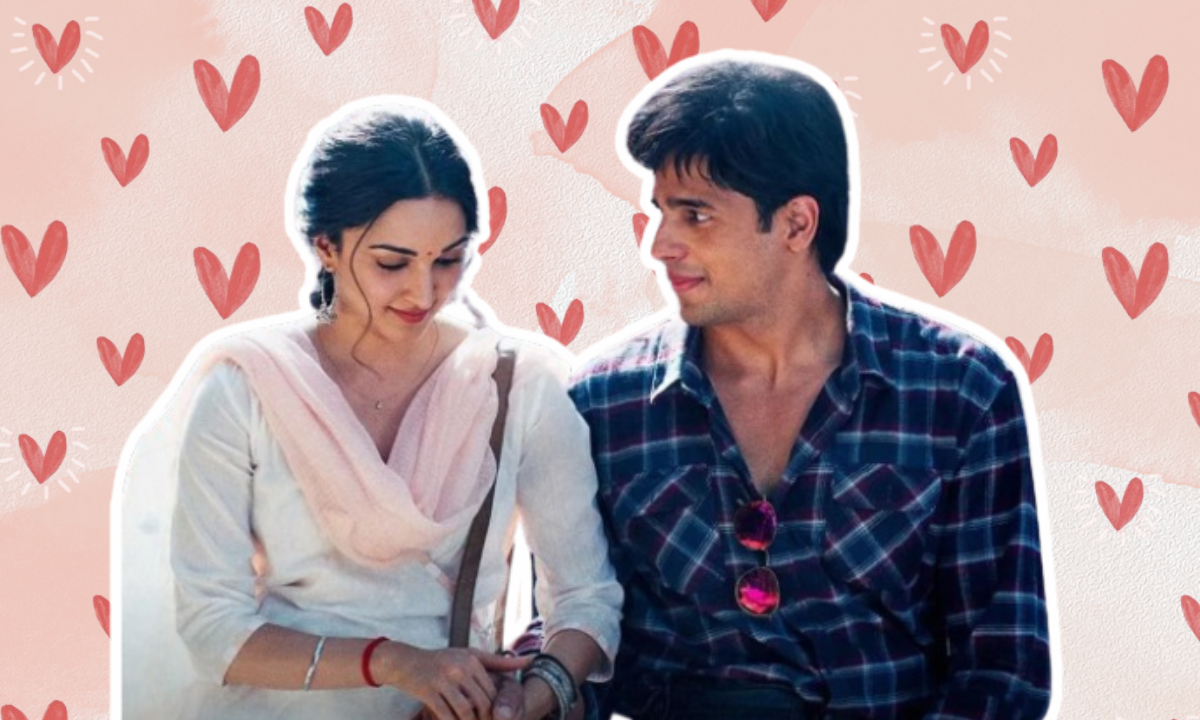Bihar CM Nitish Kumar Asks For Censorship Of OTT Content Because It Leads To More Crimes Against Women. We’ll Blame Anything But The Criminal
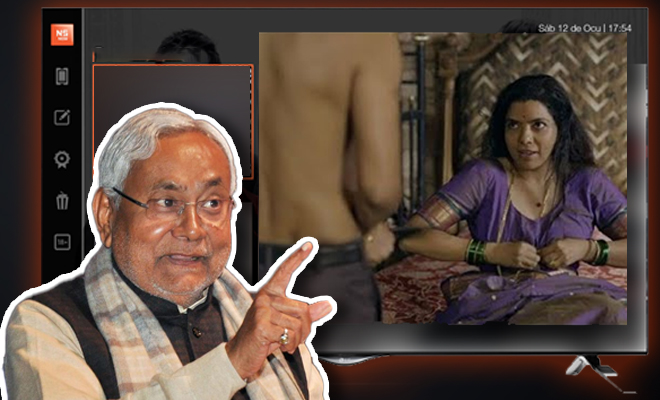
On Sunday, when you were probably bingeing on some new series with its explicit violence, steamy sex scenes and profanities dropping every other minute, Bihar Chief Minister Nitish Kumar was writing a letter to Prime Minister Narendra Modi to impose censorship on the content showcased on streaming platforms. Why? According to Kumar, the unbridled violence, sex and obscenity, easily accessible to people of all ages, makes for harmful viewing for long hours and is leading to an increase in crimes against women and children.
He further added, “The streaming services are cheaper than Direct to Home (DTH) and cable services, a reason why it has become more popular among consumers. As there is less clarity on legal provisions binding on the content aired through streaming services, uncensored stuff is getting aired without much advertisements in such programmes.”
The honourable CM has also requested PM Modi to ban porn websites and other obscene content available on the Internet, to that effect.
“There is immediate need to categorise the production and airing of such inappropriate content through streaming services as an offence so that it could be checked. I urge the PM to look into the matter.”
With his letter, CM Nitish Kumar opens the floor for a debate that has long been raging even amongst academia, on whether violence and obscenity in the media does influence violence in real life. For example, in 1993, the American National Research Council published a compendium called Understanding and Preventing Violence, in which a matrix of ‘Risk factors for violent behavior’ was devised. While factors such as poverty, genetics, substance abuse, and access to weapons were included, exposure to violence in the media wasn’t.
That being said, even the most cited studies seem a bit dated when we consider the new emerging media, such as streaming platforms or social media video sharing apps, the content that is now found on them, and the titanic hours we now tend to spend consuming this content. It would be foolish to dismiss the impact all of this can collectively have on our psyche. But has it been proven that this influence is strong enough to lead to direct violence? If we are so concerned about it, why aren’t we funding studies on our own population to determine the effects of violence in the media on the youth and then arriving at an informed decision?
Moreover, we must consider that even before the arrival of OTT, crimes against women and children were just as rampant. But perhaps now, with the accessibility of widespread support online and the spread of awareness, the crimes are more likely to be reported than before. In fact, the gritty and grim reality of our society, if portrayed in an apt manner in some of the new age OTT programming, might do the job of sensitising people to the gruesomeness of the crimes against women, children and other marginalised sections of the population.
Also Read: In Axone, Northeastern Women Are Cooking Up A Lesson For An India Where Casual Racism Is A Diet Staple
And let’s be honest, we’re finally moving towards a more authentic, realistic portrayal of our society in our entertainment today. When Gangs of Wasseypur released all those years ago, it blew our minds with its boldness. But today, every second series set in small-town India can replicate that effect. When Shahid Kapoor and Kareena Kapoor locked lips in Jab We Met, a ‘smooch’ in mainstream Bollywood between mainstream actors was still a rarity. But now, it barely registers. As it should be, because kissing your lover on the lips is normal. As is masturbation, sex without clothes, BDSM, bizarre fetishes as well as the other side of the spectrum which shows sexual abuse, child abuse, and violent crimes.
The sex, obscene language, the violence—these are our realities. We live them every day, and to deny as a slice of our own lives served authentically and tastefully in the shows and movies we consume, seems rather unfair. For long are we expected to play along with the whole ‘two flowers touching means hero and heroine kissing’ or the ‘shot panning from a couple in bed to the sky means they’re making love’ as tools of storytelling? A leading man kissing his lady love on the neck this much is not titillating. Aren’t we done with the Victorian era repression of the id?
Besides, isn’t it the biggest relief that we don’t have to see any more dance choreography that are just caricatures of sex positions, and lyrics like….
Also Read: Parineeti Chopra Would Hate For Her Films To Release Online And We Agree. Nothing Beats A Theatre Release
I won’t deny that every filmmaker or director has ‘noble’ intentions for being explicit in their content, and is not thinking about titillation at all. We are not naive here. But more often than not, it is just what the product or the character is all about. A few years ago, when Deadpool 2 released, I missed the chance of catching an uncensored version of the R rated superhero movie during my trip to the United States. The film was still playing in Indian theatres when I returned, but I didn’t bother. Can you imagine the ‘merc with a mouth’ without his vulgar gestures and profanities? Nothing can really kill Deadpool, but censorship came damn close. Besides, why should we pay full price to watch something with a hack job? Imagining paying for like five streaming services, but every international content is botched, bits and pieces blurred and missing. As Indians who bargain for value of money, we’d feel cheated (and probably resort to piracy for the ultimate VFM).
The younger generation lives and breathes technology. And the one way you get their spidey senses tingling is when you ban something! Try and tell people to not watch something is to make sure they move heaven and earth to watch it. And mind you, they’ll find a way. Have we learnt nothing from the forbidden fruit tasting the sweetest? Or the Prohibition era in America that led to a boom in underground speakeasies and liquor smuggling? Or the dry state of Gujarat and its consequent liquor mafia that thrives on artificial scarcity of spirits? Remember how pre 90s, all our Bollywood villains were mostly smugglers? Why doesn’t the plot work all that much now? Because of economic liberalisation in 1991.
That should be our biggest lesson. Be LIBERAL, and regulate if you need to. We’re all grown ups here. We know what we want, what is good for us and what is bad for us. Our actions should be our responsibility, and not a burden that constricts the creative expression of a medium that is inspired by our reality, or curbs our freedom to consume the content that we want. Censorship will ruin the years of progress that has elevated our content to match up to world standards. Forget that, it is now more real, raw, and relatable. We can see ourselves in these characters, understand their emotions and motivations because they’re inspired by us. And sometimes, when they’re written well, they too can teach us a thing or two about our own hidden desires and emotions.
Also Read: Heroes Are Always Strong And Full Of Machismo. These Problematic Gender Roles In The Movie Industry Are A Breeding Ground For Mental Health Issues.
We censor this content, we ruin all of it, including the ‘brilliant’ plan to stop young people from accessing this content. Instead, regulate content to make sure that in all its extremities, the ultimate message is that violence or problematic behaviour is not portrayed as heroic or idolised. Regulate our children’s television hours, as well as our own. Teach ourselves and them about the difference between right and wrong, accepted and problematic, and real and fiction. That’s it. That’s the one job. Let’s not board the censor-ship, ‘kay?
https://thehauterfly.com/lifestyle/bollywood-ready-to-shoot-except-they-will-have-to-figure-a-way-around-intimate-scenes-in-these-coronavirus-times-back-to-flowers/









